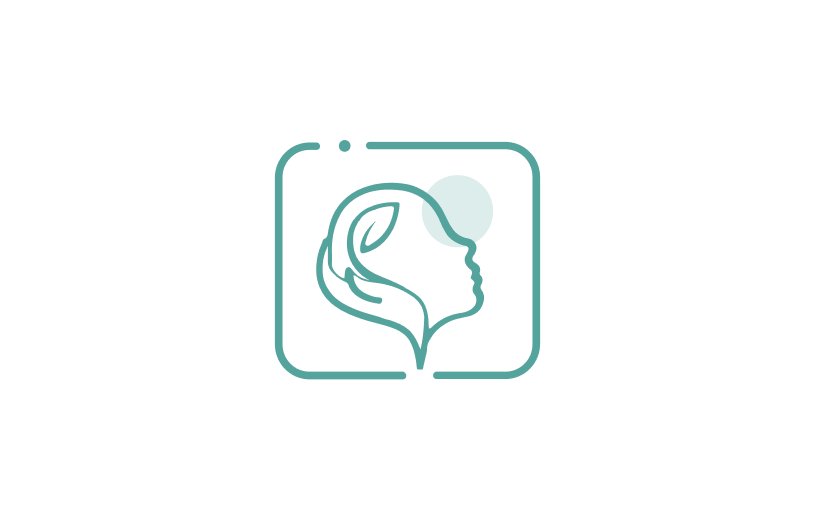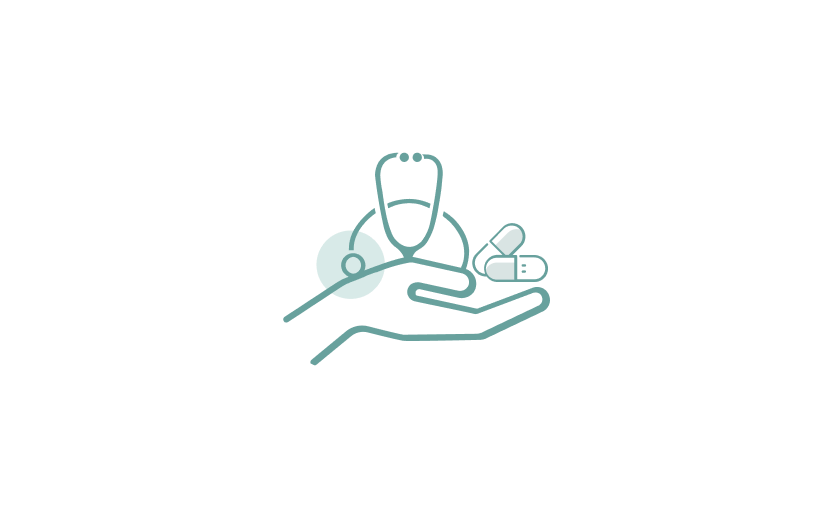Tics & Tourette's
Are you or a loved one struggling with uncontrollable movements or vocal outbursts? MediPsych can help you understand and manage tics and Tourette’s syndrome, so you can regain control and confidence.
What are Tic Disorders?
Imagine having your body or voice act on its own, like an unexpected guest at a party. That’s what it’s like for someone with tics and Tourette’s syndrome. These conditions involve sudden, repetitive, and involuntary movements or sounds that can be disruptive and challenging to control.
A tic disorder is a neurological condition involving a series of uncontrollable, repetitive, and sudden movements, twitches, or sounds. Tics may be triggered by certain emotional states such as excitement or stress and certain physical sensations such as wearing certain clothes or a specific noise.
Tourette syndrome (TS) is a specific type of tic disorder involving both motor and vocal tics that have lasted over 1 year. Without proper understanding and support, tics and Tourette’s syndrome can lead to social isolation and reduced quality of life.
leading Symptoms
The many faces of Tics and Tourette's Syndrome

Vocal Tics
Think of someone who makes throat-clearing sounds, grunts, or repeats words or phrases without intending to do so. Vocal tics can be disruptive and may draw unwanted attention.

Motor Tics
Picture someone who can't stop blinking, jerking their head, or shrugging their shoulders involuntarily. Motor tics can take many forms and may involve different parts of the body.

Complex Tics
These tics involve a combination of movements and sounds and can sometimes mimic purposeful actions, such as jumping or repeating offensive words.
Do you think you might have Tics and Tourette’s Syndrome?
Take the self-assessment
I Have
- Have
- have not
experienced motor or vocal tics that were involuntary and repetitive. I have experienced this at least
1-2 times
- 1-2 times
- 3-5 times
- 5+ times
per month.
- Have
- have not
- 1-2 times
- 3-5 times
- 5+ times
What symptoms to look out for
-
Children Children may experience the presence of motor and vocal tics, which are sudden, repetitive, and involuntary movements or sounds. These tics can range from mild to severe and may change in frequency and type over time. Children may also experience premonitory urges or sensations that precede the tics.
-
Adolescents Adolescents may continue to exhibit motor and vocal tics, which can impact their daily activities and relationships. Tics may vary in intensity and frequency, and they may experience increased self-consciousness or difficulty managing their tics in social situations.
-
Adults Adults may experience persistent motor or vocal tics that began in childhood and persist over time. Social challenges and self-consciousness due to tics are common experiences among adults with this condition.



Schedule an appointment to be assessed for Tics and Tourette’s Syndrome
Unmasking Tics and Tourette's Syndrome: Diagnosis
Diagnosing tics and Tourette’s syndrome involves a comprehensive evaluation by a mental health professional. Diagnosis of Tourette’s Syndrome (TS) based on the presence of both motor and vocal tics that persist for more than a year.
Treatment
Finding relief
Most individuals with Tics and Tourette's syndrome benefit from a combination of:

Behavioral Therapy
Comprehensive Behavioral Intervention for Tics (CBIT) is a well-established therapy that can help individuals gain control over their tics. Cognitive-behavioral therapy (CBT) can also be beneficial in addressing the emotional and social challenges associated with tics.

Medication
Several approved medications can help manage symptoms. A mental health provider can help you determine which medications might be most helpful and most appropriate based on your individual symptoms.

Support Systems
Building understanding and support among family, friends, and educators is essential to help individuals manage their tics and reduce the impact on their daily lives.
